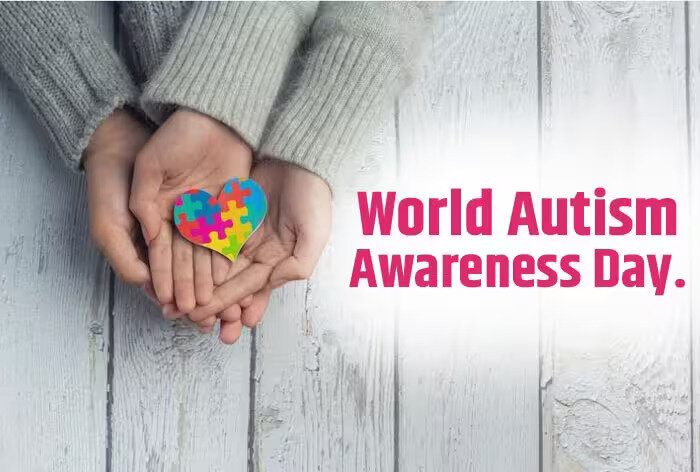World Autism Awareness Day calls for ‘transforming the narrative’

TEHRAN – April 2 marks World Autism Awareness Day with the theme of “Transforming the narrative: Contributions at home, at work, in the arts, and in policymaking”.
It is a call to bring up awareness about autism, thus accepting and supporting autistic people in the society and workplace.
Autism is a lifelong neurological condition that manifests during early childhood, irrespective of gender, race, or socio-economic status. The term Autism Spectrum refers to a range of characteristics. Appropriate support, accommodation, and acceptance of this neurological variation allow those on the Spectrum to enjoy equal opportunity, and full and effective participation in society.
Autism is mainly characterized by its unique social interactions, non-standard ways of learning, keen interests in specific subjects, inclination to routines, challenges in typical communications, and particular ways of processing sensory information.
In recent years, major progress has been made in increasing awareness and acceptance of autism, not least thanks to the many amazing autistic advocates who have worked tirelessly to bring the lived experience of autistic people to the wider world.
The United Nations General Assembly unanimously declared April 2 as World Autism Awareness Day to highlight the need to help improve the quality of life of those with autism so they can lead full and meaningful lives as an integral part of society.
“We want to play our role well in changing the attitude towards people with autism and in recognizing and asserting their rights as citizens of society, just like other citizens,” Ali-Mohammad Qaderi, head of the Welfare Organization, has said.
“In this line, the Welfare Organization is providing services in the form of setting up 110 daily education and rehabilitation centers and 16 multi-disability centers and with about 1,500 specialized personnel for about 5,000 people with an autism spectrum disorder.”
Moreover, four temporary residences, 399 vocational training centers, 127 production workshops, 16 job support centers, and 103 home care centers are now operating nationwide, he added.
Throughout its history, the United Nations has celebrated diversity and promoted the rights and well-being of persons with disabilities, including learning differences and developmental disabilities.
In 2008, the Convention on the Rights of Persons with Disabilities entered into force, reaffirming the fundamental principle of universal human rights for all.
Its purpose is to promote, protect and ensure the full and equal enjoyment of all human rights and fundamental freedoms by all persons with disabilities, and to promote respect for their inherent dignity.
It is a vital tool to foster an inclusive and caring society for all and to ensure that all children and adults with autism can lead full and meaningful lives.
The rate of autism in all regions of the world is high and the lack of understanding has a tremendous impact on individuals, their families, and communities.
The stigmatization and discrimination associated with neurological differences remain substantial obstacles to diagnosis and therapies, an issue that must be addressed by both public policymakers in developing nations, as well as donor countries.
MG
Leave a Comment